
Are you a good enough parent? With all the demands and expectations of raising babies and children in the modern world, from programs offering promises for creating 'super babies' as early as starting in the womb, the pressure to be the perfect parent and have the perfect child is all too prevalent. When a parent inevitably fails in this perfection have they doomed their child for life? If the child's birth wasn't the most peaceful entrance into the world or early separation occurred has the mother, or parent already failed their baby setting a imprint of irreversible damage of a broken bond OR is it that the good enough parent actually is all you need to be to raise adaptive and resilient adults. This episode of Pregnancy Birth and Beyond we explore how early experiences during the pre and perinatal period impact on how a person develops. My guest for this episode is Dr Holly Goldberg. Holly is a specialist in pre and perinatal psychology and has been working with childbearing families for the past 20 years. Holly resides in California in the USA with her family.
The late Donald Winnicott was a English psychoanalysis who had a special interest in what is now known as pre and perinatal psychology. In 1953 he coined the term The Good Enough Mother, now more frequently refereed to as the good enough parent. Winnicott theories proposed were in direct opposition at the time to the notions of 'don't pick the baby up or you will spoil him or her, sending children off to boarding school at a young age and rigid schedules on feeding, to name a few. Winnicott came from the era when parents were told to feed every 4 hours and leave the baby in the cot or pram between much of these feed times. However, Winnicott encouraged a mother to follow her instincts and to not let the experts or old wives tales undermine her, to "go ahead and get to know your baby." Winnicott hosted a series of talks on BBC radio during the late 40's and 50's titled The Ordinary Devoted Mother and Her Baby. Also on this topic, for your interest is this article written in 'The Philosophers Mail; the school of life.' Here the author shares with the reader five parenting practices Winnicott spoke off on the raising babies. These five key points are:
Remember that your child is very vulnerable Let a child be angry Make sure your child isn't too compliant Let your child be Realise the gravity of the job you've taken on Winnicott understood while the mother could be seen as a separate person, someone who before pregnancy and motherhood had a life of her own, a baby on the other hand cannot be seen alone, it is in relation to someone, it's mother, father, parent. We see this is the dynamic of the intimate relationship that develops during in-utero and in the early weeks post-partum. As Anne Morrow said, “in the sheltered simplicity of the first few days after a baby is born one sees again the magical sense of two people existing only for each other."
Repair is real and can be done at anytime no matter how long ago imprinting took place.
In our interview Dr. Goldberg tells us that all events during pregnancy and during the prenatal period whether traumatic or healthy leave an imprint. The important thing to remember is that people have the ability to repair and humans are hard wired to be resilient. "Our brain has the incredible capacity to attune and connect with a primary caregiver and in doing so that connection and relational dependency between the child and the caregiver will help structure the child's brain so they can grow up healthy, strong and resilient in this world."
"The fact that grief takes so long to resolve is not a sign of inadequacy, but a betokens depth of soul." D.W.Winnicott.
Also featured in this episode is the work of Dr Thomas Verny from his book The Secret Life of the Unborn Child; a remarkable and controversial look at life before birth. Verny writes “many of the ways a woman communicates behaviourally with her child are so subtle and seemingly ordinary that it is easy to overlook their effect on the intrauterine bonding.” Listen to the episode to hear more.
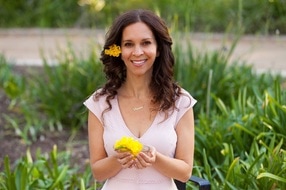
More about Dr Holly Goldberg: Holly has conducted and published numerous peer-reviewed studies and served as editor of national podcasts and internationalbooks devoted to informed decision making during pregnancy. Holly has also simultaneously spearheaded the implementation of private and government funded programs aimed at empowering individuals with information and education to foster informed choices about treatment and promotion of healthy living for childbearing families. More recently Holly has redirected her research and science background and refocused her career on being a flower essence counselor and alchemist. You can connect with Holly here at her website floweressenceapothecary.com
0 Comments
I was first introduced to Functional Medicine in 2013 when I was a student at the Institute for Integrative Nutrition in New York. The school had gathered some of the top minds in medicine and nutrition and delivered what i liked to call 'essence classes' with them. We heard from Walter Willett, Fredrick John Stare Professor of Epidemiology and Nutrition at Harvard Public Health who studies the effects of diet on the occurrence of major diseases. Publishing over 1700 original research papers most notable on how diet greatly impacts on our chronic health and disease status. Medical Students in the US receive an average of 23.9 hours of nutrition curriculum in their overall degrees. When Nutrition is at the seat of our overall health and wellbeing - this figure is iniquitous. Its not that different in Australia, as Professor Caryl Nowson from Deakin University explains:
Currently, medical graduates are ill-equipped to identify and appropriately manage nutritional issues of patients, which contributes to increased complication rates and hospitalisation time,” Professor Nowson said. “The inclusion of nutrition within medical degrees across Australia at present is haphazard and uncoordinated, and course infrastructures do not support the delivery of a sustainable nutrition curriculum within courses. - Australian Medical Association article October, 2014
Although Walter Willet was not the one that informed me about Functional Medicine, he did point the finger in the direction of this thought: better care is needed if we want to call our health services - 'health care'. It was Dr Mark Hyman, that lectured on several occasions that ignited the love of Functional Medicine in me and I have been waiting, very patiently, to see it arrive on our shores here in Australia.
Not to be confused with Integrative Medicine, Functional Medicine is a scalable, trackable and repeatable operating system that doctors can use to take their healthcare from a disease management based model to a health-creation based model. Integrative Medicine can mean different things to consumers and practitioners - Sometimes it's the way a Physician practices using additional modalities and sometimes it's who they refer to. Although they most likely adhere to a similar philosophy, there is currently no specific operating system under which IM practitioners in Australia all work.
James Maskell - Functional Medicine and the Micropractice, Sydney March 2017. Presented by AIMA
video credit/copyright AIMA
Welcome to this Special Feature episode of pregnancy birth and beyond; The Changing landscape of Medicine around the world and how Australian physicians and consumers are inspired to ask better questions about our healthcare system. I have been facinated by and folowing Funcitonal Medicine for the past four years since i first heard about it and recently had the opportunity to meet with one of its biggest internatioanl advocates, James Maskell. This facination has opened the door to a wider discussion about healthcare. Medicine and science are evolving at a breakneck speed and yet chronic disease is on the rise, global antimicrobial resistance threatens to destroy some of scinece’s most notable achievements and the cost of healthcare in an ailing and aging society may very well be digging us all into a early grave.
The two part article features several passionate trailblazing figures in the move towards changing the way healthcare is delivered, both globally and locally. The first part looks at some of the overarching issues within the current medical system and the new emerging model of care seeking to correct and create significant primary healthcare reform around the world. In the second part we take a cloer look at Functional Medicine and what we can all do to create better outcomes for ourselves as cnsumers and practitioners. We hear from James, an international speaker, founder of Functional Forum and The Evolution of Medicine and author of a compelling book with the same title. We also tap into the wisdom of Dr Penny Caldicott, President of the Australasian Integrative Medicine Association and founder and director of Invitation to Health. Championing Integrative Medicine, Penny walks among those leading a new era in Australian healthcare. Reine duBois, Clinical Director of the Health Lodge in Byron Bay also features discussing her passion, experience and how she makes it work in her practice. I also speak to Sally Cusack who is NSW Branch President of Maternity Choices Australia and has significant experience navigating the Australian healthcare system and understanding the unique needs of healthcare consumers. There will be a few sound bites form the AIMA conference in Sydney; Functional Medicine and the Micropractice. Each patient represents a unique, complex, and interwoven set of environmental and lifestyle in uences on intrinsic functionality (their genetic vulnerabilities) that have set the stage for the development of disease or the maintenance of health. - from Introduction to Functional Medicine Listen to Part ONE of the Changing Landscape of MedicineInterviewees in this article
Dr Penny Caldicott, BMed, FRACGP
-Director of AIMA & founding member of Invitation to Health Reine duBois -Clinical Director at the Health Lodge James Maskell -Founder of Functional Forum -Evolution fo Medicine -Author of the Evolution of Medicine Sally Cusack -NSW President Maternity Choices Australia, Australia’s peak maternity consumer represnting body More information about our interviewees below.
Definitions.
The Australian Healthcare System. Below is an excerpt from a great article attempting to define our Aussie healthcare. I highly recommend reading it to better understand the services that this unique system offers!
"For most people their first contact with the Australian health system when they become ill is a visit to a general practitioner (GP). The GP may refer them to a specialist or a public hospital, order diagnostic testing, write them a prescription or pursue other treatment options. But patient and clinical care are just 2 components of a much broader and complex network that involves multiple providers working in numerous settings, supported by a variety of legislative, regulatory and funding arrangements." Click HERE for the full article. Functional Medicine. Functional Medicine addresses the underlying causes of disease, using a systems-oriented approach and engaging both patient and practitioner in a therapeutic partnership. It is an evolution in the practice of medicine that better addresses the healthcare needs of the 21st century. By shifting the traditional disease-centered focus of medical practice to a more patient-centered approach, Functional Medicine addresses the whole person, not just an isolated set of symptoms. Functional Medicine practitioners spend time with their patients, listening to their histories and looking at the interactions among genetic, environmental, and lifestyle factors that can influence long-term health and complex, chronic disease. In this way, Functional Medicine supports the unique expression of health and vitality for each individual. IFM Integrative Medicine. Integrative medicine is a philosophy of healthcare with a focus on individual patient care and combining the best of conventional western medicine and evidence-based complementary medicine and therapies within current mainstream medical practice. AIMA Citations, Links & Resources
Functional Medicine
>IFM - Institute for Functional Medicine https://www.functionalmedicine.org >Applying functional Medicine free resources for practitioners 21st Century Medicine; A new model for medical education and practice https://www.functionalmedicine.org/functiona-medicine-in-practice/applying/ Integrative Medicine in Australia >Australasian Integrative Medicine Association https://www.aima.net.au James Maskell >Evolution of Medicine >The Evolution of Medicine book >Functional Forum >Functional Forum meet ups in Australia (scroll down the directory for current events) http://meetup.functionalforum.com/directory/ Mayo Clinic research https://newsnetwork.mayoclinic.org/discussion/mayo-clinic-researchers-demonstrate-value-of-second-opinions/ 36 holes in the roof >Article summarising some recent studies including 36 holes and a few others https://www.clinicaleducation.org/resources/reviews/36-holes-in-the-roof-the-dawn-of-the-era-of-treatable-and-preventable-alzheimers-disease/ >Reversal of cognitive decline; A novel therapeutic approach (the study) https://www.ncbi.nlm.nih.gov/pmc/articles/PMC4221920/ Australia’s health care services explained >For consumers: http://ourhealth.org.au/rep-support/consumer-reps-guide-australias-health-system/parts-health-system#.WTyt38ZL3xo >Preventive care programs in Australia Department of health - education & prevention http://www.health.gov.au/internet/main/publishing.nsf/Content/Education+and+Prevention-1 >AIHW http://www.aihw.gov.au/home/ >AIHW Corporate plan 2016-17 - 2019-20 http://www.aihw.gov.au/WorkArea/DownloadAsset.aspx?id=60129556352 >Australian Atlas of Healthcare Variation https://www.safetyandquality.gov.au/atlas/ >Chronic disease management https://www.humanservices.gov.au/customer/services/medicare/chronic-disease-management-plan Physician health and wellbeing >Preventing doctor suicide (US website) https://afsp.org/our-work/education/physician-medical-student-depression-suicide-prevention/ >ABC News - AMA calls for national approach to help doctors deal with physical and mental health http://www.abc.net.au/news/2017-05-16/ama-calls-for-national-focus-on-doctors-mental-health/8529202 Doctor-patient relationship >Healing relationships study https://www.ncbi.nlm.nih.gov/pmc/articles/PMC2478496/ Evidence-based healthcare dissemination Book: How to implement evidence based healthcare / Trisha Greenhalgh (2017) Why change is difficult for some and easier for others https://www.ted.com/talks/jonathan_haidt_on_the_moral_mind?language=en Antimicrobial resistance >Harvard Medical School demonstration of antimicrobial resistance http://news.harvard.edu/gazette/story/2016/09/a-cinematic-approach-to-drug-resistance/ >World Health Organisation http://www.who.int/antimicrobial-resistance/en/ >Australia’s Antimicrobial Resistance strategy 2015-2019 http://health.gov.au/internet/main/publishing.nsf/Content/1803C433C71415CACA257C8400121B1F/%24File/amr-strategy-2015-2019.pdf >The Australian Atlas of Healthcare Key Findings and recommendations Excerpt: Australia has very high overall rates of community antimicrobial use compared with some countries. In 2013–14, more than 30 million prescriptions for antimicrobials were dispensed. Many of these were unnecessary because antimicrobials are frequently used to treat infections for which they provide little or no benefit. On Research >AIMA ethics in research reading https://www.aima.net.au/research-in-cam/ >Ben Goldacre: Battling bad sciencehttps://www.ted.com/talks/ben_goldacre_battling_bad_science#t-871608
12/6/2017 Raising Adolescents: Our Chance to Revisit the "Unfinished Business" from our own YouthRead Now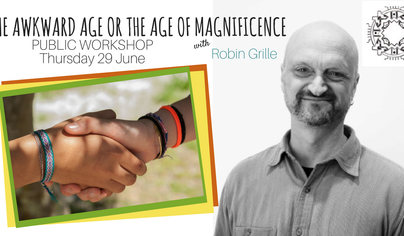
There's no doubt adolescence is a huge time of growth and transformation for our youth, but do opportunities for our own personal growth also lie in this period for the elders in their lives?
Robin Grille, father, psychologist and author of "Parenting for a Peaceful World" and "Heart to Heart Parenting" believes they do. Yes, our kids press our buttons in the most unexpected ways, and to the depths of our core. One comment or a side-ways look can have our hackles rising immediately. Where do these reactions of ours come from? We may feel completely justified with our feelings, but it's possible, as Robin suggests that the adolescents in our lives are taking us back to our own 'unfinished business' from when we were making our own way through that tumultuous time. When we find ourselves in this place of conflict, we can know that we always have some choices here: to ignore the source of our reaction, and continue pushing for the outcome we are seeking in that moment. Or we can roll our sleeves up, and seek out the unresolved wounds from our past that come hurtling into the present. But we need support for this. It's big work for all of us. Help comes in many forms, listening partnerships, counselling, peer support and workshops, such as Robin's "Inner Child Journey". Yes, there are in fact precious opportunities for healing our dear young ones bring us. In a way, as Robin says, 'they grow us up'. Hear more from Robin about the hidden treasures of adolescence for all of us in this new podcast. Robin will also be visiting our region later this month to speak with parents and elders with adolescents in their lives. He will also be holding an Inner Child Journey to help us identify our unfinished business - and heal it. |
Details
NE PLUS ULTRA
AuthorsThe authors of this segment are varied, each post will indicate the author of that particular post. For more information about our team, visit here Archives
February 2019
Categories |

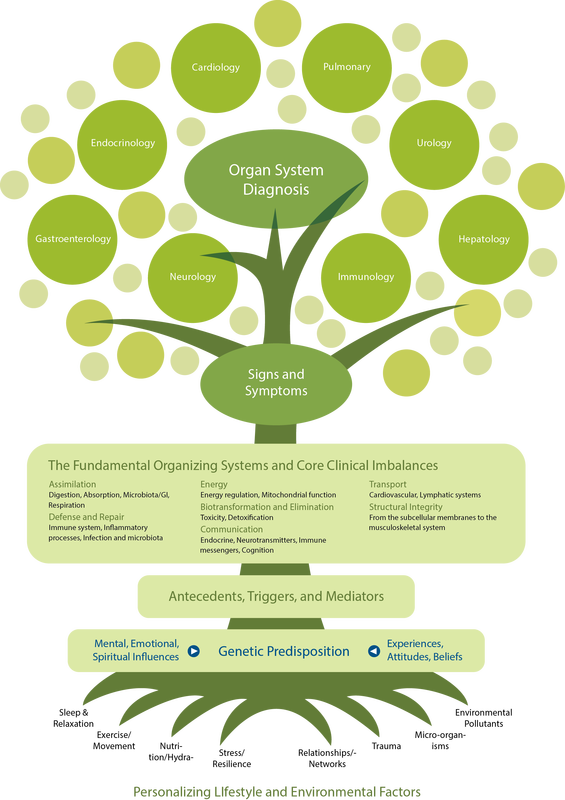
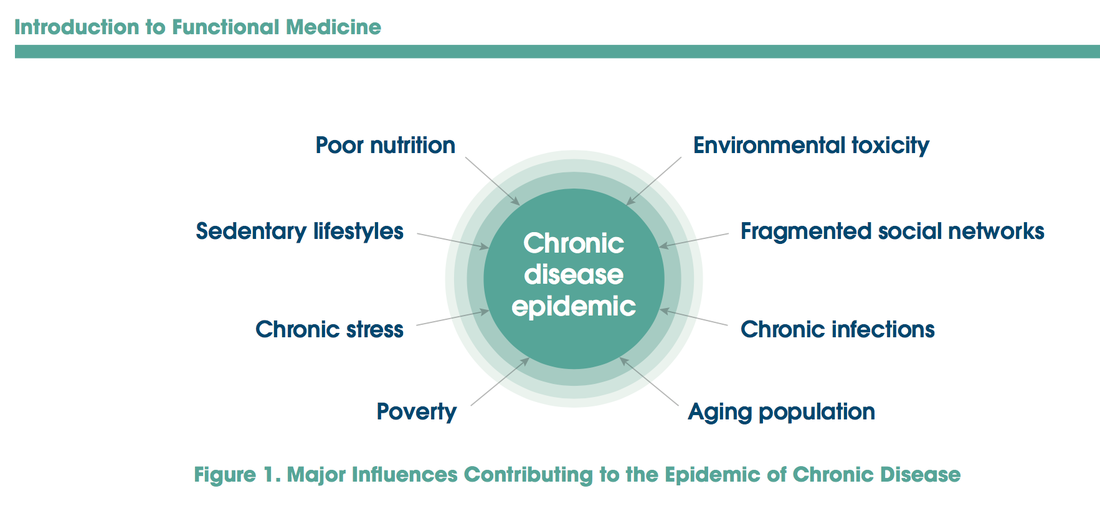
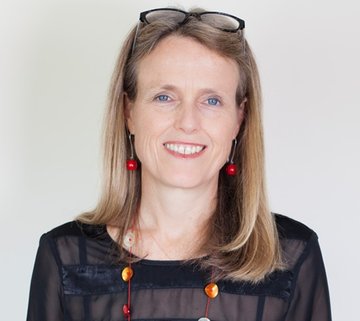
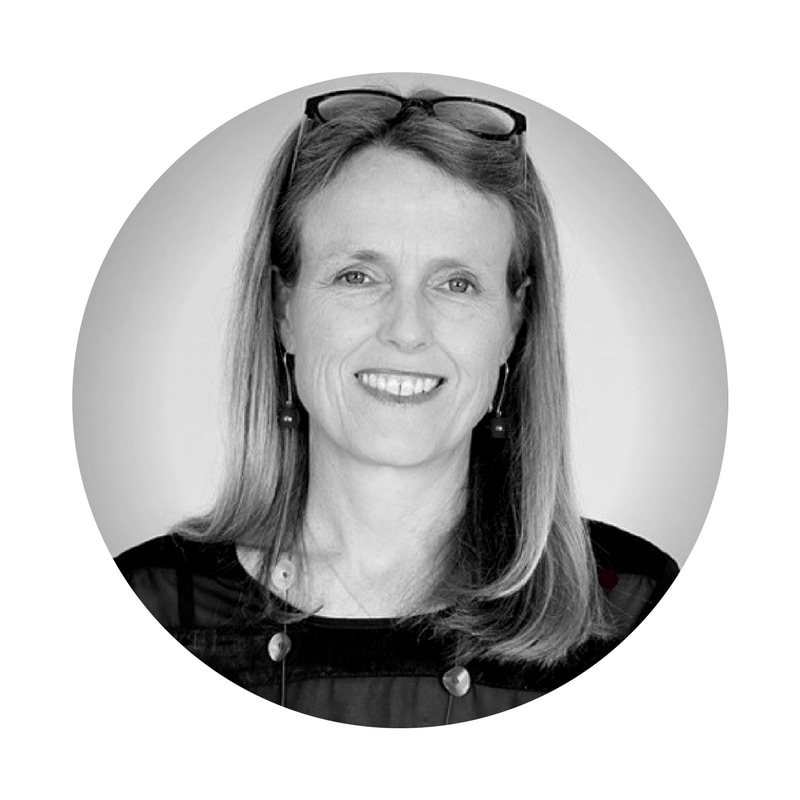
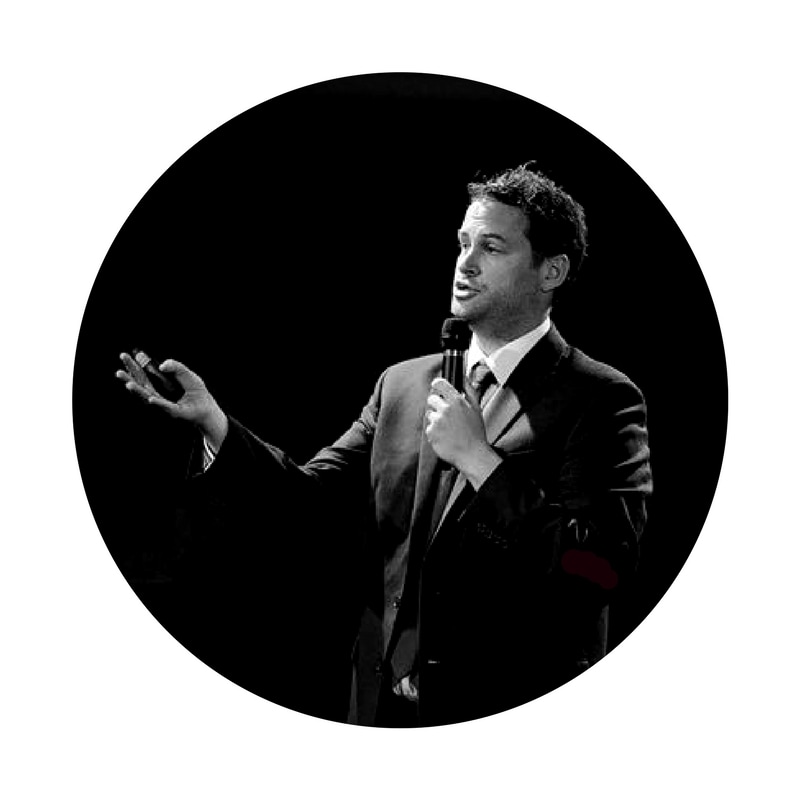
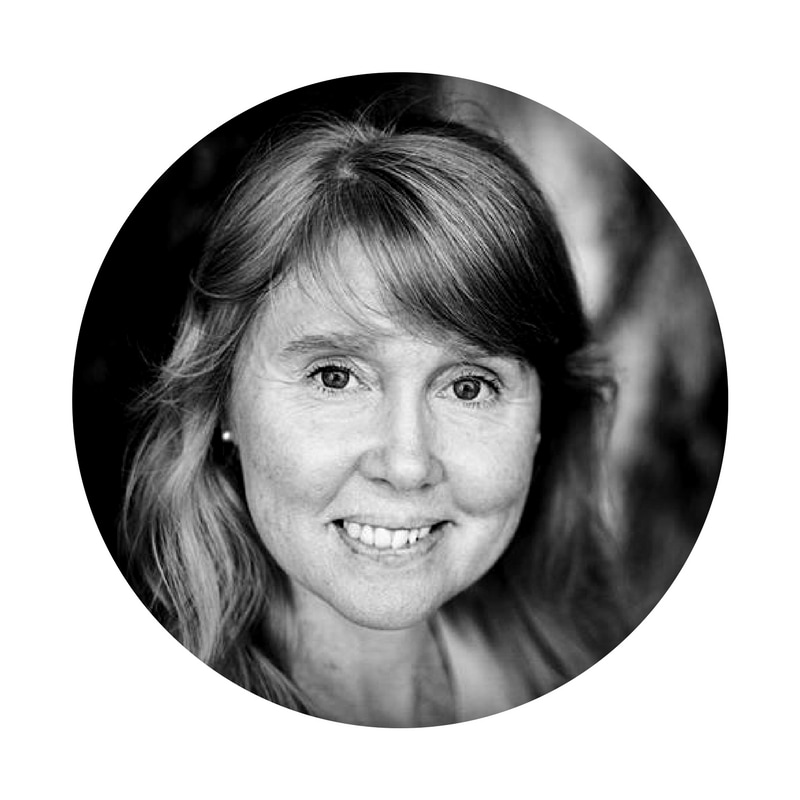
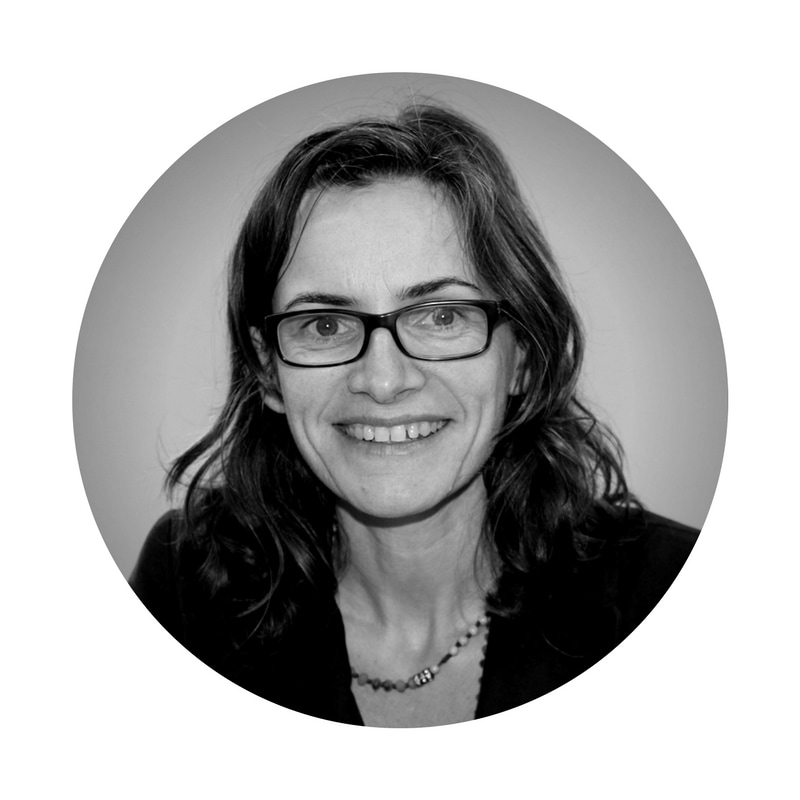
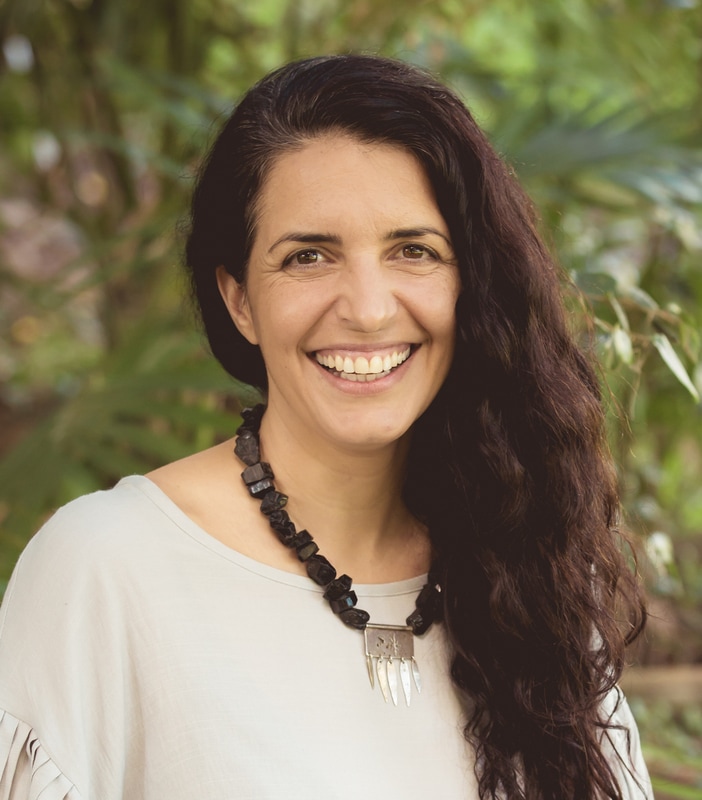

 RSS Feed
RSS Feed